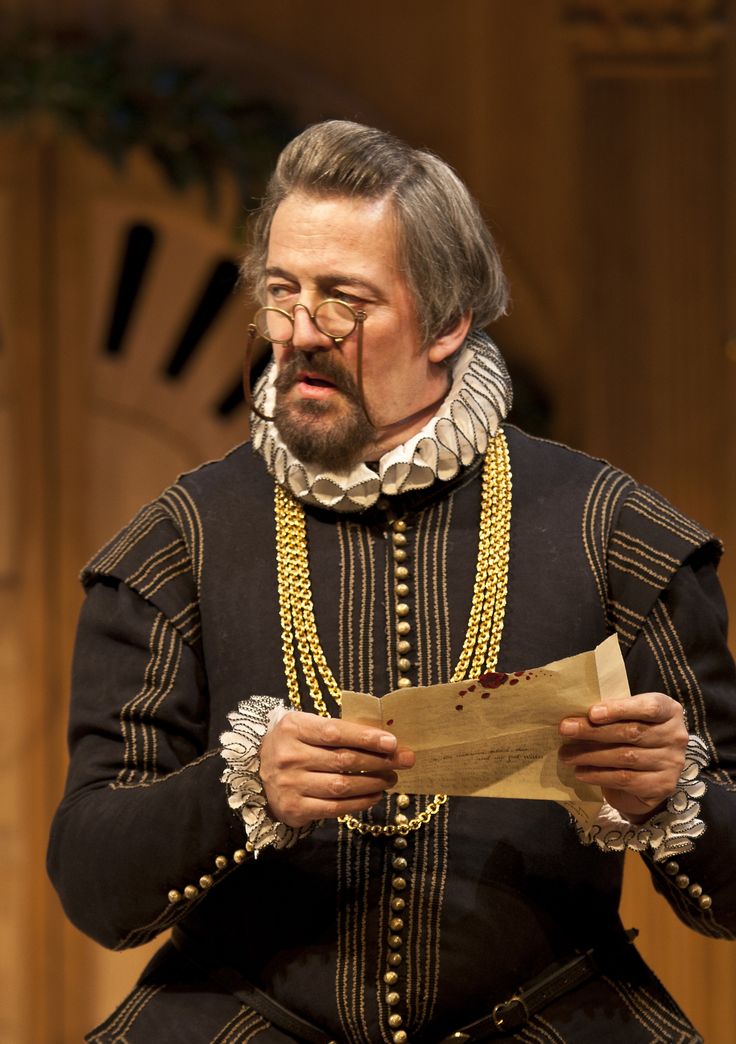Tuesday
The New York Times recently reported on some fascinating new historical research into Shakespeare’s attempts to achieve gentleman status for his glover maker father and thus for himself. The research involved a deep dive into the archives of the College of Arms.
In addition to establishing—for those who still demand proof—that Shakespeare actually was Shakespeare, the research reveals how much of a social climber the author was. I find this of interest because of the light it casts on such figures as Malvolio and Othello—which is to say, on characters that want to rise above the status into which they have been born.
For that matter, we gain new insight into many well-known works of literature once we realize the anxieties about social class that dogged their authors. Christopher Marlowe’s Faustus and virtually all of Jane Austen’s characters come to mind. Marlowe was the son of a shoemaker and makes a big deal out of how Faustus is base born, which helps explain Faustus’s restlessness. Austen, whose family was uncomfortably situated between the middle class and the gentry class, makes heroines out of those who rise without seeming to desire it (Catherine Moreland, the Dashwood sisters, Elizabeth and Jane Bennett, Fanny Price) and villains out of those who are nakedly ambitious (Isabella Thorpe, Lucy Steele, Caroline Bingley, Mrs. Elton). The crime is not in desiring to rise but in allowing other people to see the desire.
Given Shakespeare’s ambitions, which were satirized by Ben Jonson and attacked by the Garter King of Arms, we can sympathize with Malvolio. If Shakespeare mocks him, it is in part out of self defense. He recognizes Malvolio’s vulnerability only too well and laughs at him to hide his own unease. Laughter is a sign of anxiety; by laughing at others, we attempt to shrug off our own pain.
I imagine that, like Malvolio, Shakespeare had fantasies of being on an equal playing field with the Sir Tobys of the world. After all, was he not superior to them in every way other than birth? (“I am not of your element,” Malvolio states at one point.) Shakespeare captures the pain of having one’s secret desires revealed in the hilarious scene where Sir Toby and his confederates spy on Malvolio and have to be held back from attacking him:
Malvolio
Having been three months married to her [Olivia], sitting in my state,–
Sir Toby Belch
O, for a stone-bow, to hit him in the eye!
Malvolio
Calling my officers about me, in my branched velvet gown; having come from a day-bed, where I have left Olivia sleeping,–
Sir Toby
Fire and brimstone!
Fabian
O, peace, peace!
Malvolio
And then to have the humor of state; and after a demure travel of regard, telling them I know my place as I would they should do theirs, to for my kinsman Toby,–
Sir Toby
Bolts and shackles!
Fabian
O peace, peace, peace! now, now.
Malvolio
Seven of my people, with an obedient start, make out for him: I frown the while; and perchance wind up watch, or play with my–some rich jewel. Toby approaches; courtesies there to me,–
Sir Toby
Shall this fellow live?
Fabian
Though our silence be drawn from us with cars [pulled apart by horses], yet peace.
Malvolio
I extend my hand to him thus, quenching my familiar smile with an austere regard of control,–
Sir Toby
And does not Toby take you a blow o’ the lips then?
Malvolio
Saying, ‘Cousin Toby, my fortunes having cast me on your niece give me this prerogative of speech,’–
Sir Toby
What, what?
Malvolio
‘You must amend your drunkenness.’
Sir Toby
Out, scab!
Fabian
Nay, patience, or we break the sinews of our plot.
Shakespeare was well aware of how one could be mocked for aspiring above one’s station and how others would indeed enact the kind of mockery and punishment that is meted out to Malvolio. Shakespeare would have known of Jonson’s satire and of Robert Greene calling him “an upstart crow.” If Sir Toby has his way, Malvolio will never be released from his prison.
Malvolio does not participate in the happy celebration that concludes Twelfth Night and walks out swearing “to be revenged on the whole pack of you.” In part because of him, Twelfth Night is an autumnal comedy, containing a sour note. If we laugh uneasily, it is because we feel his hurt.
So be alert when you mock or castigate social climbers in literature. Your reaction may arise out of the author’s anxieties. And out of your own.



One Trackback
[…] « Shakespeare Was Malvolio […]